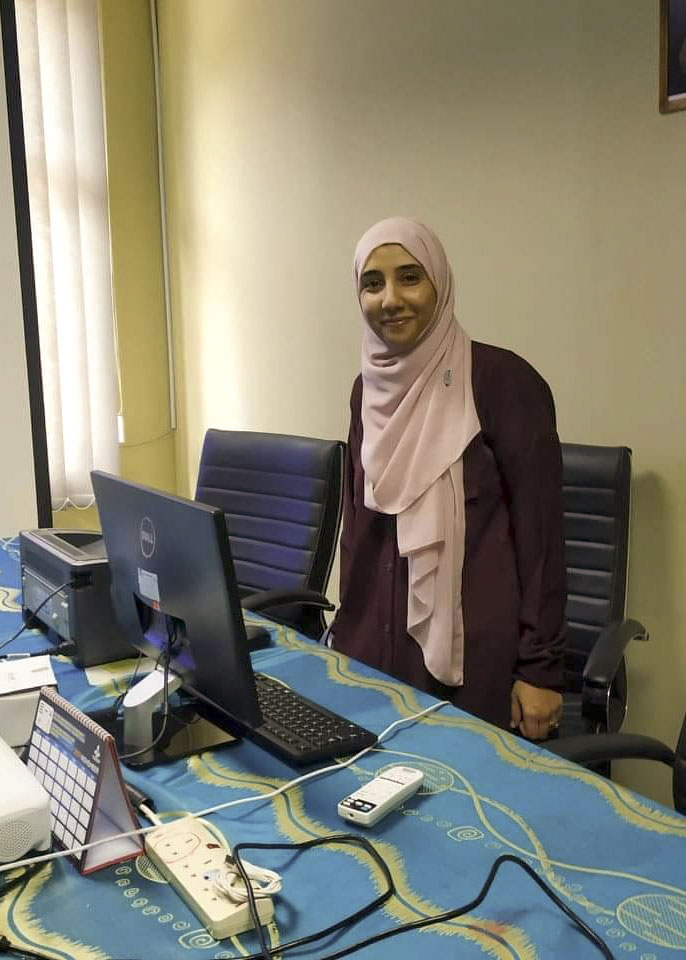
Sumaia Al-Ghuribi
Computing and Information Technology
An OWSD fellow from Yemen was able to continue her education in Malaysia
Due to the war in Yemen, I had stopped studying for two years. This opportunity gave me the chance to complete my postgraduate studies.
Sumaia Mohammed Al Ghuribi, a 2016 OWSD PhD fellow from Yemen, is currently completing a full-time fellowship at Universiti Kebangsaan Malaysia, where she is developing algorithms to extract useful information from user reviews to make more informed recommendations.
How did you learn about the OWSD fellowship? How would you say it has impacted your career?
I found out about the fellowship from a friend, who had heard about OWSD through one of the previous PhD fellows, Eqbal Dauqan [also from Yemen]. My career has been greatly influenced by the fellowship. I completed my master's degree in 2014 and applied for a PhD, but I was unable to begin my studies due to the war in Yemen, which resulted in the cancellation of my PhD scholarship support by my country. I had stopped studying for two years, until I heard about OWSD. I applied and was selected in 2016. This opportunity gave me the chance to complete my postgraduate studies.
 What are you researching? What first made you interested in this subject, or how did you decide to focus on this?
What are you researching? What first made you interested in this subject, or how did you decide to focus on this?
My research is focused on recommendation systems. I'm researching the impact of user-generated reviews on the efficiency of these systems. Users give comments on the items they've consumed (products, movies, restaurants, hotels, and so on). These comments tell us about the users’ opinions on certain features of the consumed items. Extracting these opinions can provide useful information to be utilized in designing and implementing recommendation systems. This, in turn, will improve the recommendation process by recommending items to users based on their preferences. I chose this topic because online shopping has increased significantly in recent years, and the recommendation process has become ubiquitous everywhere, particularly in the realm of social media. When you open Facebook, you'll see a list of friend recommendations, when you open YouTube you'll see a list of videos suggested for you, and so on.
Has anything surprised you about your research experience?
During my study, I conducted multiple experiments, with the majority of the findings indicating that user reviews are useful information that can improve the accuracy of recommendation systems. At the research stage, I was surprised to realize how important it is to choose the right supervisor for your PhD journey. I was extremely fortunate to have Prof. Dr. Shahrul Azman as a supervisor, who was always encouraging me and supportive of my efforts to publish in high-impact journals.
What are your plans for the future (after you receive your PhD)?
My plan after I graduate is to find a postdoctoral position that will enable me to expand my knowledge in the field of recommendation systems, and to publish additional research papers that will help others in the field. I also want to share what I've learned in the field of computer science with students and be able to help them with their academic and research endeavours.










































